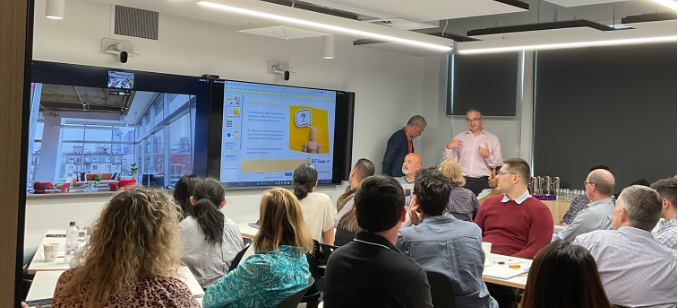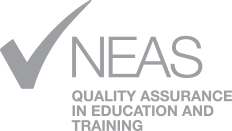
The ELT sector is often at the forefront of change. We led the creation of international education and have always been critical to those early stages of the international student journey. Further, whether it’s embracing new technologies, responding to demographic shifts, navigating political changes, or handling unexpected challenges, our industry is quick to harness the rewards of positive developments. We are also the first to suffer the consequences of adverse conditions.
We’ve explored how successful providers thrive in difficult situations, and here’s what we discovered.
Staying Flexible and Innovative
Flexibility and innovation are essential for navigating the evolving landscape of ELT. These attributes allow us to move beyond simply reacting to current challenges, and instead position us for the future.
During the pandemic we were presented with significant existential challenges. More recently, of course, government policy is forcing many providers to rethink their businesses. For instance, there has been a growing interest in transnational education. This trend opens doors for students to pursue studies across borders and institutions, presenting new opportunities for growth and adaptation in our sector.
Striving for Continuous Improvement
Quality assurance and continuous improvement are also essential to manage change effectively. By getting in close to teaching practices, curriculum effectiveness, and student outcomes, providers can adapt and reset in ways that facilitate sustainability. The NEAS model for continuous improvement fosters ongoing feedback against benchmarks. With professional development aligned to feedback and benchmarks, educators remain responsive and agile. Strategic planning guided by quality assurance helps providers anticipate challenges and opportunities, maintaining educational excellence while innovating to meet evolving demands.
Coming Together and Looking Ahead
It is in times of crisis that the strength of the ELT community shines. Coming together to support one another, sharing resources and best practices, can help institutions and educators navigate tough times, and can foster collective growth and resilience. By learning from one another’s experiences, educators can implement proven strategies and avoid common issues. This collective knowledge can drive the sector forward, adapting to ever changing scenarios.
Our program of professional development, supplemented by our face-to-face Community of Practice sessions are all great examples of how NEAS is in there with you.
Check them out here.
July 2024
